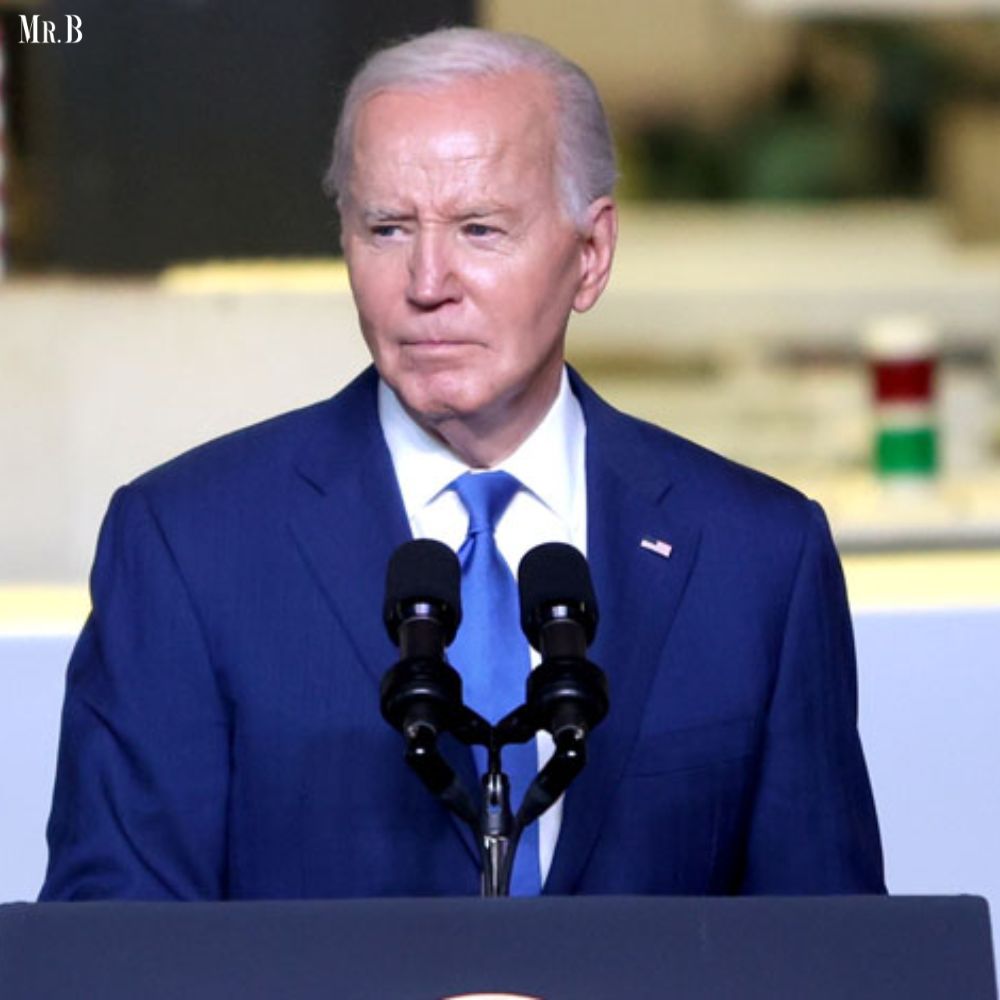President Joe Biden trade policies is gearing up to announce new tariffs targeting key sectors in China, with a primary focus on electric vehicles (EVs), according to sources familiar with the matter. This move signals a strategic shift in U.S. trade policy and underscores ongoing tensions between the two economic powerhouses.
The impending announcement, anticipated as early as next week, is expected to maintain existing levies while targeting sectors crucial to both economic competition and national security. Alongside electric vehicles, other sectors in the crosshairs include semiconductors and solar equipment. Specific details regarding the scope and magnitude of tariffs remain vague, pending the official announcement.
The Biden trade policies administration’s decision comes after weeks of deliberation following recommendations from the U.S. Trade Representative’s office. While exact timelines for the announcement remain fluid, the White House’s resolve to address trade imbalances and protect critical industries from foreign competition is clear.
This move by the Biden trade policies administration marks a departure from the previous administration’s blanket tariff approach, opting instead for targeted measures aimed at specific strategic sectors. President Biden seeks to differentiate his trade policies from those of former President Donald Trump, who favored broad tariffs that some economists argue contributed to inflationary pressures.
A Closer Look at Biden trade policies Amidst U.S.-China Relations
Both candidates in the 2024 election cycle have shifted away from traditional free-trade ideologies, reflecting broader sentiments within the American electorate. The evolution of U.S.-China trade relations has accelerated in recent years, with Biden’s administration emphasizing a competitive yet cautious stance, seeking to avoid an all-out trade war while addressing longstanding grievances.
China, a key player in global trade, has reacted strongly to previous tariff impositions, viewing them as counterproductive and harmful to global economic stability. The prospect of retaliatory measures looms large as tensions persist between Washington and Beijing.
Beyond tariffs, Biden’s administration has pursued other avenues to rebalance trade relationships, including investigations into Chinese trade practices across various sectors. Efforts to pressure neighboring Mexico to curb indirect trade routes facilitating Chinese metal exports to the U.S. further illustrate the administration’s multifaceted approach to trade policy.
Navigating Tariffs in the EV Market
The impact of these tariffs on the EV market, a burgeoning sector vital to climate initiatives and economic growth, remains a subject of debate. While tariffs may protect domestic industries and spur local manufacturing, they could also lead to higher consumer prices and disrupt global supply chains.
Industry stakeholders, economists, and policymakers are closely watching developments, weighing the potential benefits of protecting strategic sectors against the broader implications for global trade dynamics. As the Biden administration navigates this complex terrain, balancing economic interests with geopolitical considerations will be paramount in shaping future trade relations with China and the broader international community.
Curious to learn more? Explore this News on: Mr. Business Magazine







